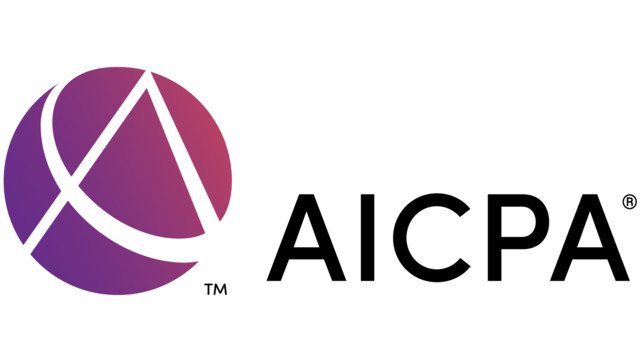The American Institute of CPAs (AICPA) is praising the Treasury Department and Small Business Administration (SBA) for the fast rollout of the Paycheck Protection Program (PPP), a small business relief program that is a key part of the recently enacted $2.2 trillion economic stimulus package.
The $349 billion PPP program focuses on small businesses impacted by the coronavirus pandemic. Basically, it offers any eligible business or charitable nonprofit with less than 500 employees a grant of up to $10 million, if the business keeps its workforce intact and uses the funds for eight weeks of payroll costs, mortgage interest, rent and utilities.
[Downloadable PPP loan application. PDF]
The need for fast action is clear after more than 10 million people – the vast majority of whom likely worked for small businesses – filed unemployment claims in the past two weeks, said AICPA President and CEO Barry Melancon, CPA, CGMA. One goal of the PPP is to allow small businesses to rehire people who are already claiming unemployment, so they remain tied to the business and can help jumpstart operations once it’s safe to do so. The government is effectively paying small business employees’ payroll costs for eight weeks to help fuel a quick recovery.
“This is a huge undertaking that requires close coordination among five players: small businesses, the government, lenders, payroll processors and CPA firms,” Melancon said. “Treasury and the SBA have done their part by implementing the program and issuing interim rules. It’s now up to the nation’s 44,000 CPA firms, the banking sector and the payroll processing industry to mobilize and help get funds quickly into the hands of small businesses so they can protect their employees.”
The AICPA organized a coalition that advocated for small business funding during the legislative process that culminated in the CARES Act. The coalition called for speed and efficiency in the distribution of funds, which contributed to a simplified PPP application.
Gathering documentation for the application is expected to be facilitated by CPA firms and payroll processors. As with any major legislation, there will continue to be questions regarding further specific guidance that will need to be addressed. The Treasury and SBA have provided initial guidance, information and direction to start pushing relief to small businesses.
“There’s an urgency now to move to implementation,” said Erik Asgeirsson, president and CEO of CPA.com, the AICPA’s business and technology arm. “We are working with firms, payroll providers and lenders to drive consistency in the interpretation of guidance. Small business owners need support in the application process. The critical piece of information for obtaining PPP funds is the payroll data. We are working with our coalition and discussing with lenders the best way to deliver this. It’s a critical time for us to work together.”
Melancon and Asgeirsson discussed the call to action for CPA firms and the historic significance of the small business relief effort in a video shared with the AICPA’s membership and other PPP stakeholders. The AICPA will continue to provide updated information for CPA firms on how they can assist small businesses in obtaining PPP funds.
“We all need to rally around small businesses and their employees right now,” Melancon said. “This is about supporting Main Street businesses that are the heart and soul of every community.”
Thanks for reading CPA Practice Advisor!
Subscribe Already registered? Log In
Need more information? Read the FAQs




